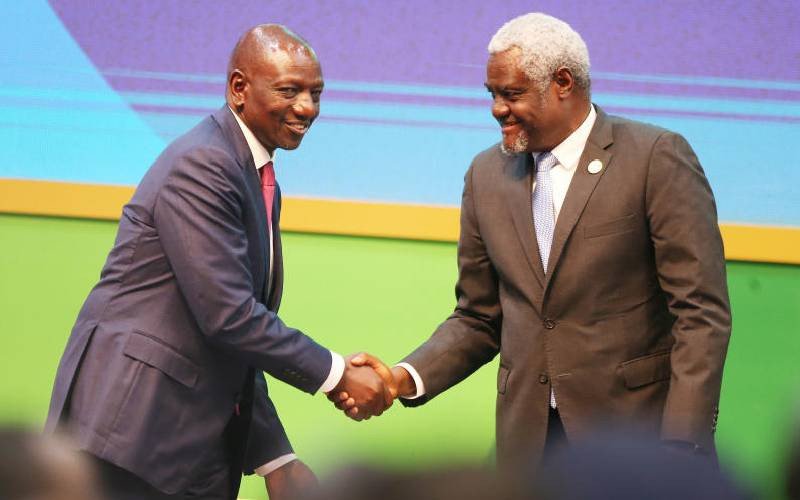African nations have articulated ambitious goals to cultivate climate-resilient, low-carbon economies in their Nationally Determined Contributions (NDCs) to the Paris Agreement.

Namibia’s Minister of Environment, Forestry and Tourism, Pohamba Shifeta, emphasized the critical need to address the adverse impacts of climate change on the continent during the Green Climate Fund’s Regional Dialogue with Africa in Windhoek, Namibia. While highlighting climate change adaptation as a top priority, Shifeta expressed concern that the available funding falls significantly short of what is required.
The Green Climate Fund, established under the United Nations Framework Convention on Climate Change (UNFCCC), serves as a global financial mechanism to provide support to developing nations for climate change mitigation and adaptation efforts. Shifeta underscored the pivotal role of developed countries in meeting their commitments to double adaptation finance, with a specific emphasis on supporting Africa.
African nations have articulated ambitious goals to cultivate climate-resilient, low-carbon economies in their Nationally Determined Contributions (NDCs) to the Paris Agreement. However, many of these aspirations are contingent on receiving adequate financial, technical, and capacity-building assistance.
Shifeta emphasized that climate finance plays a critical role in enabling Africa to adapt to the escalating impacts of climate change and align its future development trajectory with the objective of limiting global warming to no more than 1.5 degrees Celsius.
Recognizing that public finance alone may not suffice given the magnitude of necessary investments and the limitations on domestic resources in Africa, the minister pointed out that the private sector holds significant potential to meet the region’s climate finance requirements.
To mobilize private finance effectively, Shifeta proposed that public entities enhance policy frameworks and investment environments, while also deploying concessional finance to address investment barriers. This approach aims to create an environment conducive to attracting private investment in climate resilience and adaptation projects across Africa.
In summary, Minister Shifeta’s call to action underscores the urgency of addressing climate change impacts in Africa. He advocates for increased funding, emphasizing the crucial role of both public and private sectors in driving climate finance initiatives. By working together, African nations and the global community can pave the way for a more sustainable and climate-resilient future.